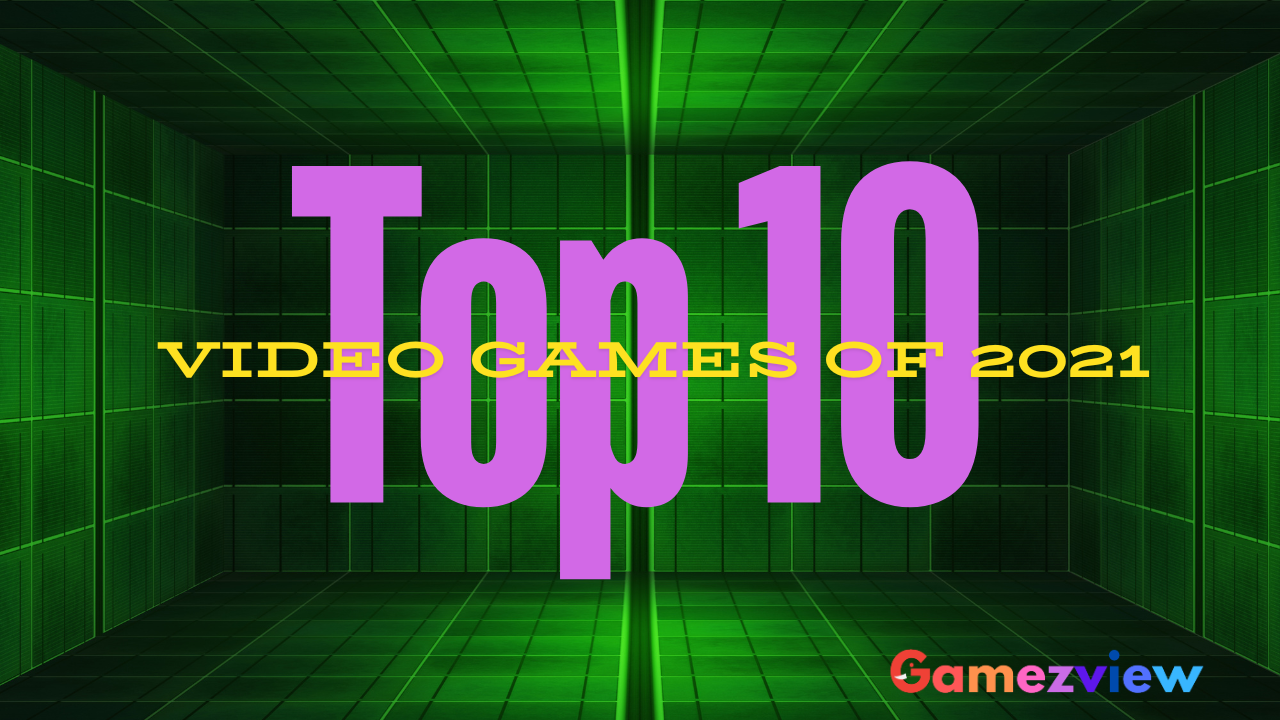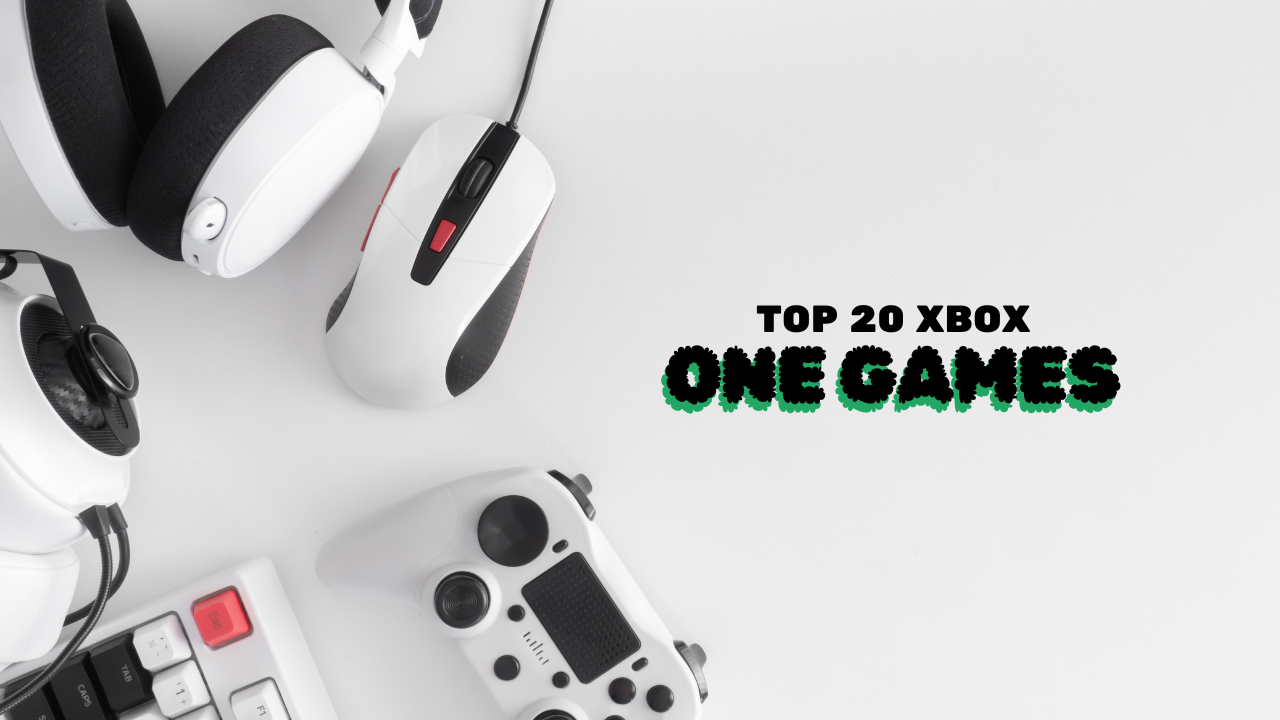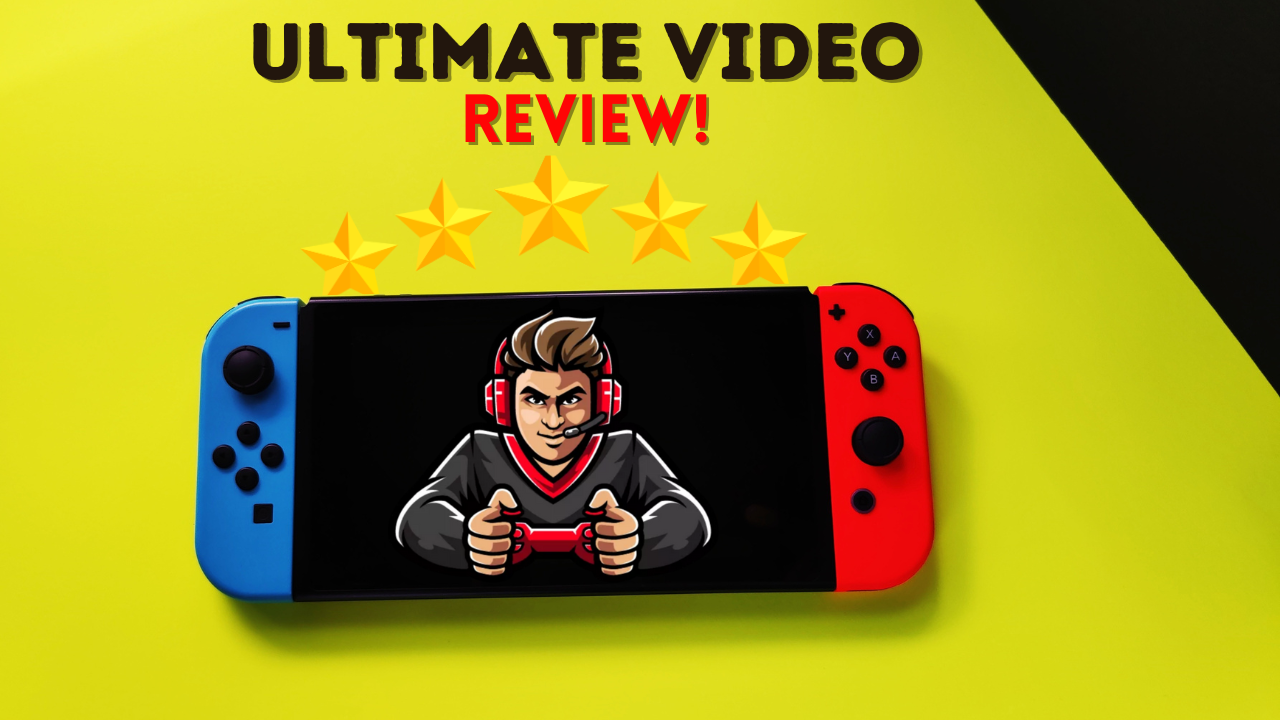Indie Game Development Demystified: Your Step-by-Step Guide to Creating Your Masterpiece: Indie game development has emerged as a vibrant and dynamic sector within the gaming industry. Unlike traditional game development, which often involves large teams and substantial financial resources, indie game development allows creative individuals or small groups to bring their unique visions to life. In this comprehensive guide, we will explore the intricate process of indie game development, from finding inspiration to launching your game into the world.
Introduction to Indie Game Development
Indie game development encompasses a diverse range of projects, from quirky puzzle games to sprawling open-world adventures. What sets indie games apart is their emphasis on creativity, innovation, and often unconventional gameplay mechanics. With the rise of digital distribution platforms and crowdfunding, indie developers now have unprecedented opportunities to reach global audiences without the need for traditional publishers.
Finding Inspiration for Your Game
Before diving into the nitty-gritty of game development, it’s essential to find inspiration for your project. Inspiration can come from various sources, including other games, movies, books, art, or even everyday experiences. Take the time to explore different genres and styles, and don’t be afraid to put your unique spin on familiar concepts.
Defining Your Game Concept
Once you’ve found inspiration, it’s time to define your game concept. This involves articulating your core idea, establishing the fundamental mechanics, and crafting the narrative and characters that will drive the player’s experience. Whether you’re creating a fast-paced action game or a contemplative narrative adventure, clarity of vision is key to success.
Pre-Production Phase
During the pre-production phase, you’ll lay the groundwork for your game’s development. This includes setting realistic goals and timelines, assembling your development team (if you’re working with others), and creating a detailed game design document that outlines every aspect of your project, from gameplay mechanics to art style.
Choosing the Right Tools and Technologies
The choice of tools and technologies can significantly impact the development process and the final quality of your game. Fortunately, there’s no shortage of options available to indie developers, from powerful game engines like Unity and Unreal Engine to more specialized tools for asset creation and management. Consider your project’s specific needs and budget when selecting the right tools for the job.

Game Art and Design
Game art and design play a crucial role in shaping the player’s experience and establishing the visual identity of your game. Whether you’re creating intricate pixel art or stunning 3D environments, consistency and attention to detail are paramount. Take the time to create concept art, design levels, and craft user interface elements that enhance the overall aesthetic of your game.
Programming and Development
Programming lies at the heart of game development, powering everything from player movement to artificial intelligence. Whether you’re a seasoned coder or just starting, writing clean and efficient code is essential for maintaining project stability and scalability. Take advantage of online resources and communities to troubleshoot issues and learn new techniques.
Sound Design and Music Composition
Sound design and music can elevate your game from good to great, immersing players in your world and enhancing their emotional engagement. Whether you’re creating atmospheric soundscapes or catchy tunes, invest time and effort into crafting audio that complements your game’s visual and gameplay elements. Consider collaborating with talented composers and sound designers to achieve professional results.

Testing and Quality Assurance
Testing and quality assurance are critical aspects of game development, ensuring that your game is polished and bug-free before release. Conduct rigorous playtesting sessions with a diverse group of players to gather feedback and identify any issues or areas for improvement. Take the time to address bugs and refine gameplay mechanics based on player input.
Marketing and Promotion
Marketing and promotion are essential for building anticipation and generating buzz around your game. Create a compelling trailer and promotional materials that highlight your game’s unique features and appeal to your target audience. Leverage social media, gaming forums, and press coverage to reach potential players and build a community around your project.
Launching Your Game
Launching your game is an exciting but challenging milestone in the development process. Set a launch date and build anticipation through teasers, trailers, and gameplay footage. Distribute your game on digital storefronts like Steam, itch.io, or the Epic Games Store, and monitor launch metrics closely to gauge player interest and gather feedback.

Post-Launch Support and Updates
The work doesn’t end once your game is released. Provide ongoing support to your player community by addressing bugs and technical issues promptly. Consider releasing updates and downloadable content (DLC) to keep players engaged and excited about your game. Listen to player feedback and continue to iterate on your game based on their suggestions and experiences.
Building Your Brand as an Indie Developer
As an indie developer, building your brand and establishing an online presence are essential for long-term success. Showcase your portfolio and projects on platforms like itch.io, Indie DB, or your website. Network with other developers and industry professionals at conferences, game jams, and online communities. Be proactive in promoting your work and engaging with your audience.
Overcoming Challenges and Staying Motivated
Game development is a challenging and often unpredictable journey, with plenty of highs and lows along the way. It’s essential to stay motivated and resilient in the face of setbacks and failures. Celebrate your successes, no matter how small, and remember that every obstacle is an opportunity to learn and grow as a developer.
Indie game development is a rewarding and fulfilling endeavour that allows creative individuals to bring their visions to life. By following this step-by-step guide, you’ll be well-equipped to navigate the complexities of game development and create your masterpiece. Remember to stay true to your vision, stay flexible in the face of challenges, and never stop dreaming big.




